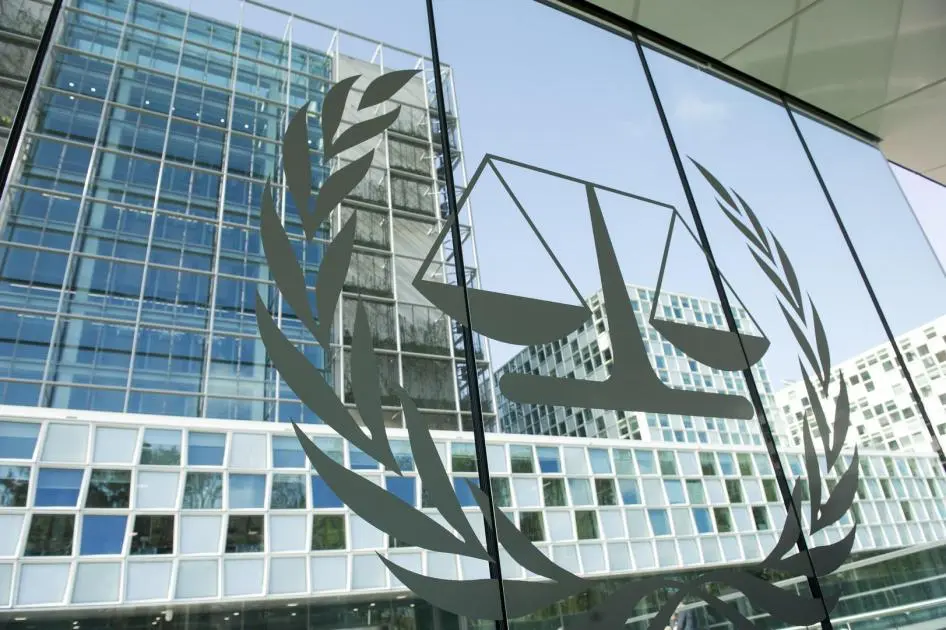
Reliable sources warn that the United States (US) is preparing to impose sanctions directly on the International Criminal Court (ICC) as an institution in the coming weeks. This escalation follows earlier measures targeting ICC officials, judges, Palestinian civil society organisations, and even a UN Special Rapporteur.
Civil society organisations from across the world are urgently calling on States Parties to the Rome Statute to take all possible steps to prevent these sanctions, which would amount to a direct attack on an independent international judicial institution mandated to prosecute the gravest crimes under international law.
A Direct Assault on Justice
The ICC is backed by 125 States Parties and relied upon globally to ensure accountability for atrocity crimes when national systems fail. Sanctioning the Court—particularly by a non-State Party such as the US—would undermine this collective commitment.
Such measures would not only obstruct victims’ last resort to justice, but also risk weaponising the international financial system to strangle the Court’s work. The result would be a dangerous precedent where power, rather than law, dictates who receives justice.
A Turning Point for International Law
Civil society warns that sanctioning the ICC would mark a dangerous turning point for international justice:
- It would transform a system meant to hold the powerful accountable into one that shields them.
- It would undermine decades of progress toward a rules-based international order, risking a return to a world where “might makes right.”
- It could cripple the ICC’s very ability to function—blocking access to financing, essential services, and even jeopardising the Court’s ability to protect witnesses or pay reparations to victims.
Given the dominance of the US in the global financial system, the mere threat of sanctions could push banks and service providers worldwide into over-compliance, effectively cutting off the Court from even basic transactions. Without funds, the ICC could be unable to pay staff, maintain secure detention facilities, or sustain ongoing investigations—many of which concern crimes with no other forum for accountability.
Irreversible Consequences
Civil society stresses that if sanctions were to paralyse the Court, the damage would be permanent. Ongoing investigations could collapse, victims would be abandoned, and decades of progress toward international accountability would be undone. “We will have lost forever one of the most relevant institutions of the past century,” the statement warns.
A Call to Action
The joint statement urges ICC States Parties to act immediately and decisively to defend the Court and the international rule of law. Specific recommendations include:
- Publicly and firmly rejecting sanctions against the ICC, its staff, and supporting organisations.
- Engaging bilaterally with the US to prevent designations targeting the Court.
- Adopting blocking measures such as enforcing the EU Blocking Statute to shield individuals, entities, and businesses cooperating with the ICC from the impact of US sanctions.
- Protecting service providers by guaranteeing the legality of continuing to work with the ICC.
- Developing alternatives to US-dollar–dominated financial systems to ensure the Court can access funds.
- Issuing legal guidance to prevent banks and service providers from over-complying with threats of sanctions.
- Fulfilling obligations under the Rome Statute, including financial contributions, political backing for the ICC’s independence, and cooperation with investigations and arrests.
Defending a Cornerstone of Accountability
At stake is not only the survival of the ICC, but the credibility of the entire international justice system. Civil society calls on states, academics, journalists, and all defenders of human rights to stand up now in defence of the Court.
“The global community cannot let this happen,” the statement concludes. “If the ICC falls, no system of accountability will be safe.”



